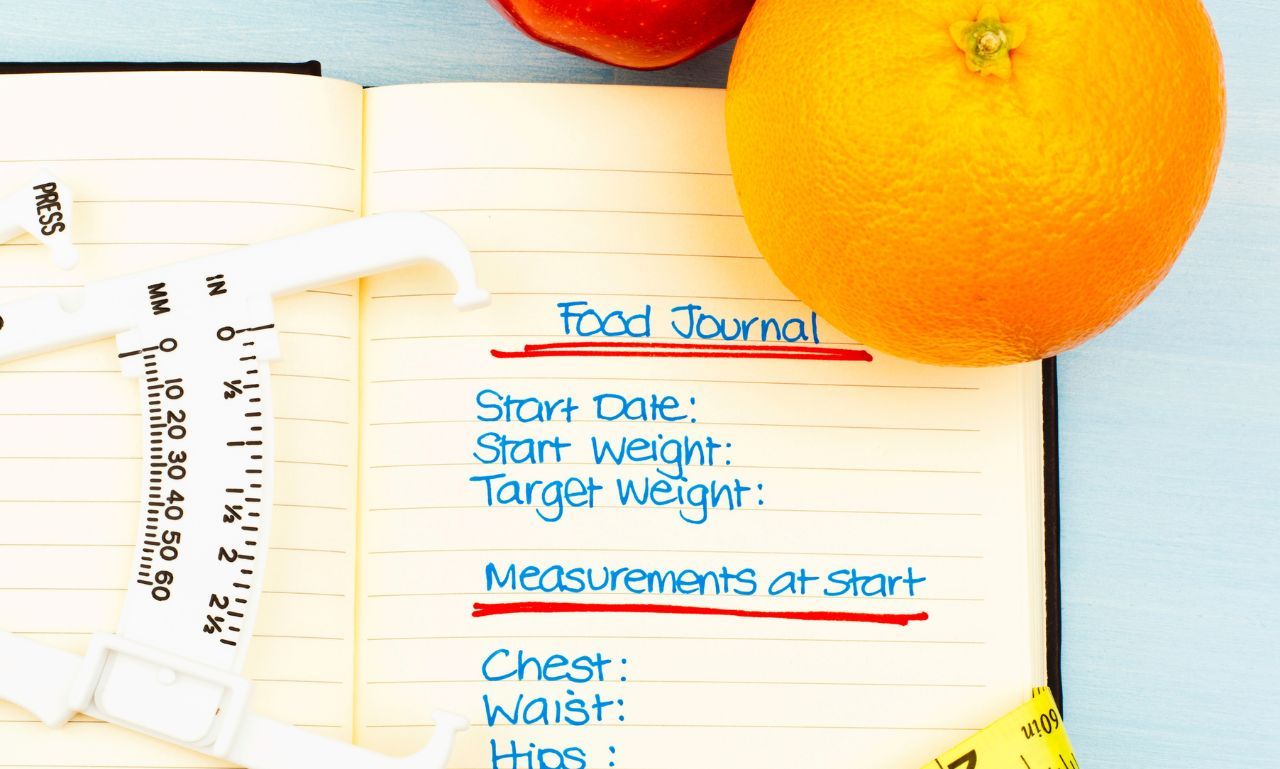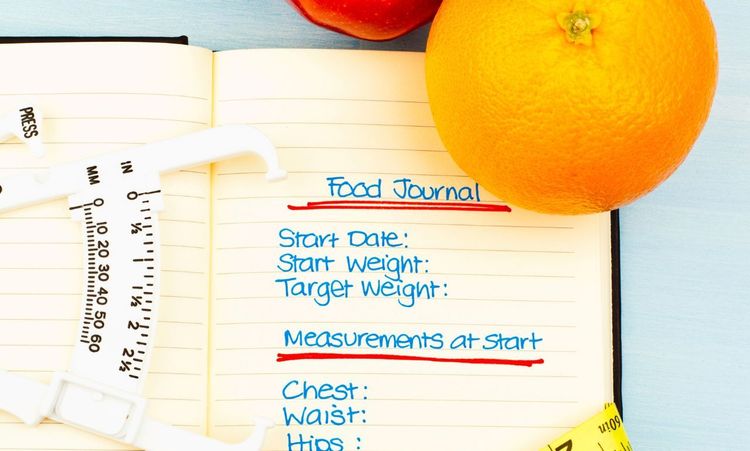Undergoing gastric sleeve surgery marks the beginning of a transformative journey toward better health. While significant weight loss is often expected, there are times when progress seems to stall. Recognizing how do you stop losing weight after gastric sleeve involves understanding the underlying factors contributing to this plateau and implementing effective strategies to reignite your weight loss journey. This guide aims to equip you with the knowledge and tools necessary to overcome these challenges and maintain your momentum.
Common Causes of Weight Loss Stall
Weight loss plateaus after gastric sleeve surgery are not uncommon. They can be attributed to various factors that may impede your progress despite your best efforts. Identifying these causes is the first step toward addressing them effectively.
Dietary Habits

One of the primary factors affecting your weight loss is your dietary habits. After gastric sleeve surgery, your stomach size is significantly reduced, necessitating changes in eating patterns. However, even with these changes, certain dietary habits can hinder weight loss.
- Overeating: Eating too much at each meal can prevent weight loss and may cause stretching of the stomach pouch.
- High-Calorie Foods: Consuming foods high in sugars and fats can contribute to weight gain or stall loss.
- Inconsistent Meal Timing: Irregular eating patterns can disrupt your metabolism and impact weight loss.
Inadequate Caloric Intake
While it might seem counterintuitive, consuming too few calories can actually impede weight loss. After a gastric sleeve procedure, your body requires a specific amount of calories to function optimally. Undereating can lead to a slowdown in metabolism as your body tries to conserve energy, making it harder to continue shedding pounds.
Lack of Physical Activity
Physical activity plays a crucial role in maintaining weight loss. A sedentary lifestyle can lead to muscle loss and a decrease in metabolic rate, both of which can cause a weight loss plateau.
- Insufficient Exercise: Not engaging in enough physical activity can slow down weight loss.
- Type of Exercise: Relying solely on one type of exercise, such as cardio, without incorporating strength training can limit your progress.
Strategies to Overcome Weight Loss Plateaus
Understanding how do you stop losing weight after gastric sleeve involves implementing strategies that address the root causes of your plateau. The following sections outline actionable steps to help you regain momentum.
Reassessing Your Diet
Reevaluating your current eating habits is essential. Consider tracking your food intake to identify any hidden calories or nutritional gaps. Incorporate a balanced diet rich in essential nutrients to support your body's needs.
- Balanced Meals: Ensure each meal includes a balance of proteins, carbohydrates, and healthy fats.
- Portion Control: Use smaller plates and be mindful of portion sizes to prevent overeating.
- Nutrient-Dense Foods: Focus on foods that provide maximum nutrition with minimal calories, such as vegetables, lean proteins, and whole grains.
Emphasizing High-Protein Foods
Protein is vital for muscle maintenance and satiety, making it an essential component of your diet post-surgery. Increasing your protein intake can help preserve lean muscle mass and boost your metabolism.
- Lean Meats: Incorporate chicken, turkey, and lean cuts of beef into your meals.
- Plant-Based Proteins: Include beans, lentils, and tofu for a diverse protein intake.
- Protein Supplements: Consider using protein shakes or bars if you struggle to meet your protein needs through food alone.
Staying Hydrated
Adequate hydration is crucial for overall health and can aid in weight management. Dehydration can slow down your metabolism and make it harder to lose weight.
- Water Intake: Aim for at least 8-10 glasses of water per day.
- Avoid Sugary Beverages: Replace sodas and other sugary drinks with water, herbal teas, or other low-calorie beverages.
- Timing: Drink water before meals to promote fullness and prevent overeating.
Incorporating Regular Exercise
Physical activity is a cornerstone of weight loss and maintenance. Incorporating a mix of cardiovascular, strength, and flexibility exercises can help overcome a weight loss plateau.
- Cardio Workouts: Engage in activities like walking, running, or cycling to burn calories and improve heart health.
- Strength Training: Build muscle mass through weightlifting or resistance exercises to increase your resting metabolic rate.
- Flexibility Exercises: Incorporate yoga or stretching to enhance mobility and reduce the risk of injury.
Pouch Reset: What It Is and How It Helps
A pouch reset is a strategy used to change the eating patterns that may have caused a stall in weight loss. It involves taking a break from solid foods and adhering to a liquid diet for a short period.
- Duration: Typically lasts one to two weeks.
- Liquid Diet: Focuses on clear broths, protein shakes, and other low-calorie liquids.
- Benefits: Helps shrink the gastric pouch, resets eating habits, and jumpstarts weight loss.
The Role of a Food Journal in Weight Management

Maintaining a food journal is a powerful tool for tracking your eating habits and identifying patterns that may contribute to weight loss plateaus.
- Tracking Intake: Record everything you eat and drink to monitor calorie and nutrient intake.
- Identifying Triggers: Recognize emotional or situational triggers that lead to overeating or poor food choices.
- Accountability: Keeping a journal fosters accountability and mindfulness in your eating habits.
Mental Health Considerations
Your mental well-being significantly impacts your ability to lose and maintain weight. Addressing mental health issues can help you overcome barriers to weight loss.
- Stress Management: High stress levels can lead to emotional eating and hinder weight loss progress.
- Counseling or Therapy: Professional support can help you develop healthier coping mechanisms.
- Support Groups: Connecting with others facing similar challenges can provide motivation and accountability.
The Importance of Long-Term Commitment
Sustained weight loss requires a long-term commitment to healthy habits. Building a lifestyle that supports your goals is essential for overcoming weight loss plateaus.
- Consistency: Maintain regular eating patterns and exercise routines.
- Adaptability: Be willing to adjust your strategies as needed to continue progressing.
- Goal Setting: Set realistic, achievable goals to stay motivated and focused on your journey.
Conclusion
Understanding how do you stop losing weight after gastric sleeve involves recognizing the factors that contribute to weight loss plateaus and implementing effective strategies to overcome them. By reassessing your diet, emphasizing high-protein foods, staying hydrated, incorporating regular exercise, and addressing mental health considerations, you can break through plateaus and continue your journey toward lasting weight loss and improved health. Remember, long-term commitment and a holistic approach are key to maintaining your progress and achieving your goals.



